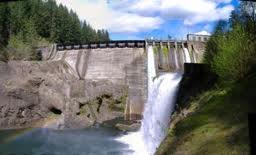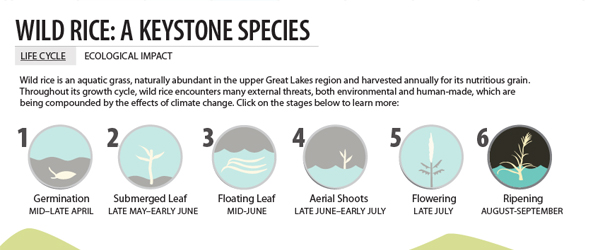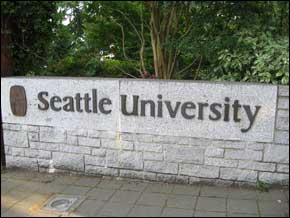James Workman: Poetry, Slammed — Dambusting Celebratory Removals
The most dramatic freshwater news stories of 2011 literally broke wide open in the Pacific Northwest’s hydropowered region, as two major Washington currents were unplugged in order to replenish an endangered, iconic, transrational species of fish.
Dual events — first on the Elwha River in late July and then on the White Salmon River in late October — left most of us overpowered by the emotion of seeing something that, for decades, we had worked for (or honestly against) reach an irreversible climax.
“I don’t know what to say,” exclaimed Heather Herbeck, a local white-water outfitter, to The Columbian. “I don’t have any words to express.”
The most poignant reactions came from indigenous people whose ancestors coevolved with the salmon runs; who may have been born after the dams were fixed in place, and yet who witnessed the epochal release of waters that had been held back in place for a century. Rob Boulstrom, 46, shared his sense of excitement and anxiety about what might happen after the Elwha & Glines Canyon dams were gone with The New York Times: “What worries me is that the river’s going to be unpredictable.”
After Condit Dam was blown by dynamite, and the river rushed through, Davis Washines bowed his head and wiped tears from his eyes. When the torrent of water was finally unleashed, he said, it reminded him of wild horses running free. “The water just took off. It was anxious to get going.”
In that same spirit of silent wonder, and agape, the following 318 words began to arrange and then unglue themselves to honor these inspired, extraordinary events.
Poetry, Slammed
By James Workman
I think that I shall never slam
A poem structured as a dam.
A dam who quietly squats astride
The rocky canyon’s deep divide
To halt a flux of water and silt
‘Til pulsing life begins to wilt.
Summer heat will slowly suck
Turbulent currents into muck.
Raging flow, tamed by a clog
Will atrophy arteries into bog.
Yes, concrete set just yesterday
May eventually be ripped away,
Rendered down by water pressure
Caving in to time’s endless measure.
Ever impatient, armed with sledge
Hammer on the dam’s weak
edge
Against the curve as heavy blows
Strike a rhythm until hope shows
Upon its weight, solid and placed
Our heartbeats skip, begin to race.
A chip, a
Notch
A hairline c r a c k
Vibrations hum so all step back.

Look, see the trickles start to seep
Awakening waters long asleep.
Our river runs, no longer still
Into a timeless test of will:
Deliberate logic, order, age
versus savage chaotic rage
slow, then quick the cement
crumbles
newborn rapids form and
tumble
down
and forth
casting off the last
rational shackles of our
past
so crudely forced
into tortured prisons
of exacting words, devices and techniques
engineered by careful planners
like me
until it can break
free
now and
now
it moves and pooooooools
and
eddies
back
until
it splashes
and
gushes
and
p
l
u
n
g
e
s
down
crashing on and on
liberated forever coursing and
cursing without restraint wherever the hell it
wants to careless in purpose and lazy in direction meeting little
some or no resistance at all en route to the great blue green wide wide wide
open mouthed and unpunctuated freedom of the inhale salty sea unto atomized vapory
cycle its own sweet dewdrop way back home as clouds as snow as rainfall as misting cool
down on its own for all time to seek natural reason and internal rhyme.








Leave a Reply
Want to join the discussion?Feel free to contribute!